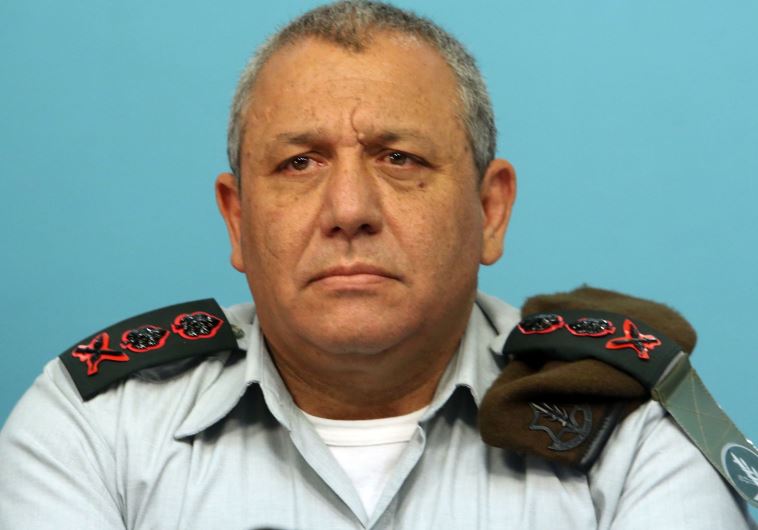Eisenkot: There’s no enemy we cannot defeat when we are united
At Western Wall Remembrance Day ceremony, chief of staff and president call for national unity, PM says he also feels pain of grief
 IDF chief of staff Lt.-Gen. Gadi Eisenkot (photo credit: MARC ISRAEL SELLEM/THE JERUSALEM POST)Updated:
IDF chief of staff Lt.-Gen. Gadi Eisenkot (photo credit: MARC ISRAEL SELLEM/THE JERUSALEM POST)Updated: